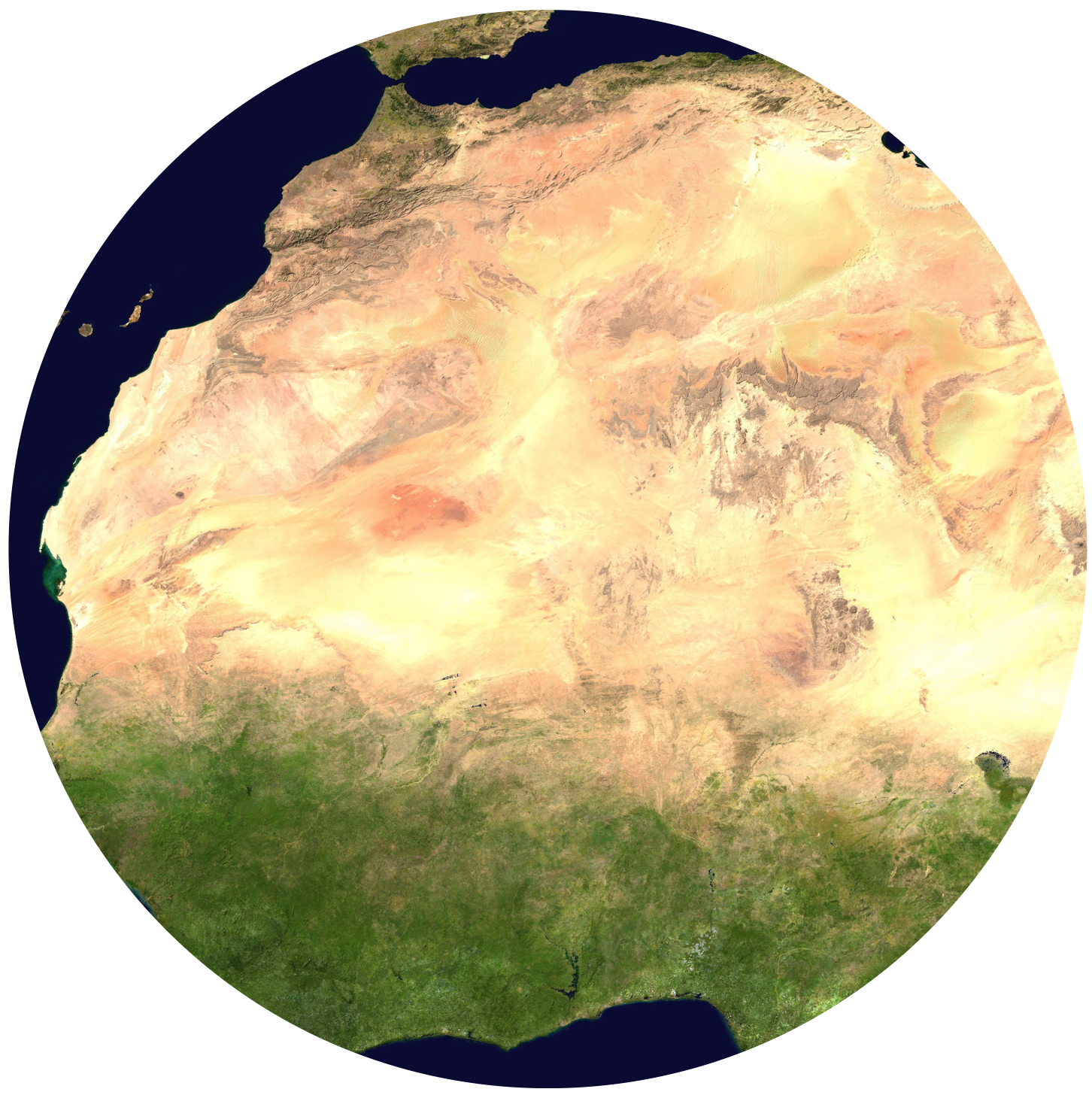A decision to host a UN human rights conference on torture in Egypt has faced international criticism. Calls to implement teaching in French in Moroccan schools has sparked domestic controversy. Candidates for the upcoming Tunisian presidential elections have begun to be validated, and the new Mauritanian President Ghazouani has begun the process of forming a government.
Algeria
There were more protests in Algeria this week, for the 25th such week in a row. Hundreds of students demonstrated Tuesday, despite the university holidays and the presence of a strong police presence (L’Obs)[1]. There were also renewed calls by Algerian citizens to reopen the closed borders with Morocco (Huffpost Maghreb)[2]. However, in a positive and somewhat surprising instance for protestors, Nadir Fetissi, a protestor who was arrested on 5 July in Annaba, eastern Algeria for waving a Berber flag during a demonstration, was acquitted in a court (Le Monde)[3].
Elsewhere, retired General Khaled Nezzar, 81, was scheduled to appear before a Swiss court in September and October, to be tried for war crimes (Mondafrique)[4]. And access to Youtube and several Google services remained blocked for several hours in Algeria on Thursday, coinciding with the broadcast of a video message from Khaled Nezzar, former Minister of Defence and former Chief of the Army Staff, addressed to the Algerian military (Jeune Afrique)[5].
Egypt
Human rights activists criticized a United Nations decision to hold a conference in Cairo on defining and criminalizing torture with an Egyptian state organization, the National Council for Human Rights (Reuters)[6]. This comes as Human Rights Watch writes that Egyptian authorities should investigate the conditions of US citizen Khaled Hassan who attempted suicide in July 2019 while in pretrial detention in Tora prison (Human Rights Watch)[7]. In a separate incident, family members and activists are calling for the release of another US citizen, Reem Desouky, a teacher who was detained in Cairo over Facebook posts (Middle East Eye)[8].
In economic news, Egypt’s inflation rate has hit a 4-year low of 8.7% (Khaleej Times)[9]. This comes as commentators warn that the IMF reforms are a danger to the Egyptian regime, as ordinary people are hurting under the fiscal policy (Haaretz)[10].
Also, Egypt has expressed an interest in hosting Sudan’s peace talks between the would-be formed transitional government and armed groups (Sudan Tribune)[11].
Libya
Warring parties agreed a truce for the religious festival of Eid al-Adha (BBC)[12]. However, violence continued to be prevalent throughout the period. A car Bomb killed 3 United Nations staff outside a shopping mall on the same day as the announcement of a cease-fire (Huffpost)[13]. There were new rocket attacks on Libya’s international airport in Tripoli, during the truce duration (News 24)[14]. And fighting around Tripoli resumed in full as soon as the truce ended (VOA)[15].
In other news, the United Nations said that there have been more than 37 attacks reported in Libya against health workers, health facilities and ambulances since Haftar’s Libyan National Army launched its offensive in April (Federal News Network)[16].
Mauritania
The Minister of Higher Education, and government spokesman, Sidi Ould Salem said that the government of Ghazouani is an extension of the previous government and the regime of former President Mohamed Ould Abdel Aziz (Senalioune)[17]. This comes as figures close to former president Abdelaziz have reportedly been appointed to Ghazouani's first government (Jeune Afrique)[18].
There are reports that Mauritanian security forces are strengthening their operation to search for militants belonging to Al Qaeda in northern Mali (Senalioune)[19]. And the United Nations Security Council welcomed the peaceful nature of the presidential elections in Mauritania, but expressed concern about the persistent political polarization within the country (Senalioune)[20].
Morocco
There has been a domestic dispute over new educational reforms that provide for teaching in French in Morocco, instead of the previous regulations that only provided for teaching in Arabic (The Economist)[21]. Some Morocco activists, and domestic politicians oppose what they see as a colonial ‘Frenchification’ of education system, whereas supporters of the move believe it will help chances for students to gain better employment prospects (Middle East Monitor)[22].
Following the recent presidential elections in Mauritania, Morocco has boosted its security at the border crossing with its southern neighbour (The North Africa Post)[23]. And Spain has joined the US in opposing a plan to resolve the political dispute regarding Western Sahara by creating a new distinct state (Morocco World News)[24].
Tunisia
Only 26 candidacies out of 98 who applied, have had their applications validated for the upcoming presidential elections in Tunisia (Jeune Afrique)[25]. However, Abdelkrim Zbidi, Minister of Defence, resigned before the start of his presidential campaign. He was notably running against his own head of government, Youssef Chahed (Espace Manager)[26].
There have been some positive indicators for Tunisia’s economy, as there are reports that foreign currency reserves in Tunisia are at their highest level since September 2017 (Ilboursa)[27]. This news was accompanied by the National Statistical Institute’s Short-term Economic Report on External Trade at Current Prices, that stated that Tunisia’s trade deficit deteriorated in the first seven months of the current year compared to the same period of the previous year (Réalités)[28].

